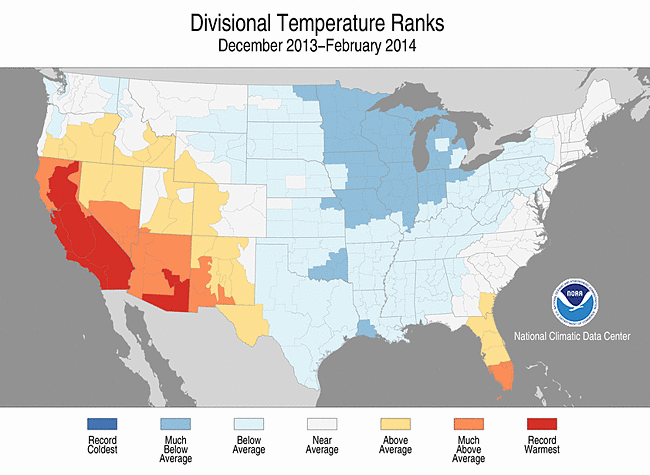A Fateful Decision
Published at 21:02 on 25 March 2014
About five years ago I happened across a bag of durian candy in an Asian market. That piqued my curiosity: Many Westerners describe its odor and taste in most unflattering terms, it can’t be that bad, can it? Moreover, I’ve always tended to like strange and strong flavors, so maybe I’ll be one of those Westerners who actually likes durian. After all, all humans are the same species; there’s very little difference between the “races”, really. Race is a socially-defined construct, not a biological one.
So anyhow, I bought it. And they weren’t bad. Sort of disappointing, in fact; I had expected a stronger taste. As I recall they were sort of pleasingly vanilla and caramel flavored. They were certainly not in the slightest way repulsive (as I later learnt many Western palates found such candies).
That prompted me to purchase some frozen durian meat and try it with a friend. That was anticlimactic; sort of vaguely sweet and mild-flavored, with an oniony aftertaste and only a slight whiff of pungency. (In retrospect, it was probably underripe.) Perhaps something suited to going in an Asian dessert like sticky rice where I could mix well with other flavors, thought I.
Fast forward several years to last week, and for some reason I’m craving that sweetness and oniony aftertaste. Plus there’s a pot luck coming up. A perfect excuse to make a trip to an Asian market and purchase the ingredients for durian sticky rice.
But something was different this time. On the ferry ride home a very strong pungent odor became evident. Not vile, but definitely very strong and assertive. Yes, it was the durian flesh, even though it was still over 90% frozen and sealed inside two layers of plastic! Oh, dear. People were giving me evil glances. Apparently this sample of flesh is ripe, and the rumored pungency is no rumor.
I get home, put it inside a Ziploc bag, and stick it in the refrigerator, hoping the apartment doesn’t get too fragrant overnight. The extra layer worked. Mostly.
One of the things I do when cooking is conduct “quality control assays,” i.e. I sample all the ingredients as I go. That includes the now completely thawed durian flesh. Wow, vanilla custard. Then onion. Almost completely unlike the pungent odor, which of course has completely filled my apartment. Did it really do that, go from sweet to savory like that? I must taste it again and see. Yes, it does. The urge to eat more gets stronger, not weaker. But I only have as much as the recipe calls for, so I restrain myself until the recipe is complete, then conduct numerous “quality control assays” throughout the batch of sticky rice.
Must… stop…; I’m supposed to be sharing this and what with all the coconut milk it’s way too rich for me to just pig out on myself, anyhow.
So, anyhow, at the pot luck with a “warning, it is pungent, don’t let that intimidate you, it tastes very different than it smells,” two people leave early when they hear the dessert course involves durian. Everyone else stays. Most try it, some hate it, some love it, and one guy says “I’m not sure I like this garlic aspect to it or not” as he helps himself to thirds.
I return with leftovers, but that’s fine because I get to eat all the rest. And each time I have a portion it just tastes better and better and there’s more pure pleasure involved. It’s as if I’m Edmund and durian is my Turkish delight. I’m not alone, either.
And now I read that chocolate (which I can’t eat) is in the same plant family and durian is suspected of having addictive properties (which probably accounts for its popularity throughout its native range; the customers are hooked) much like its more famous and less pungent New-World cousin. I don’t just “suspect,” I know.
Well, at least in contrast to heroin, it’s 100% legal, healthful at least in moderation, and not that easy to get here in the USA, so I won’t be pigging out and gaining weight too badly.

